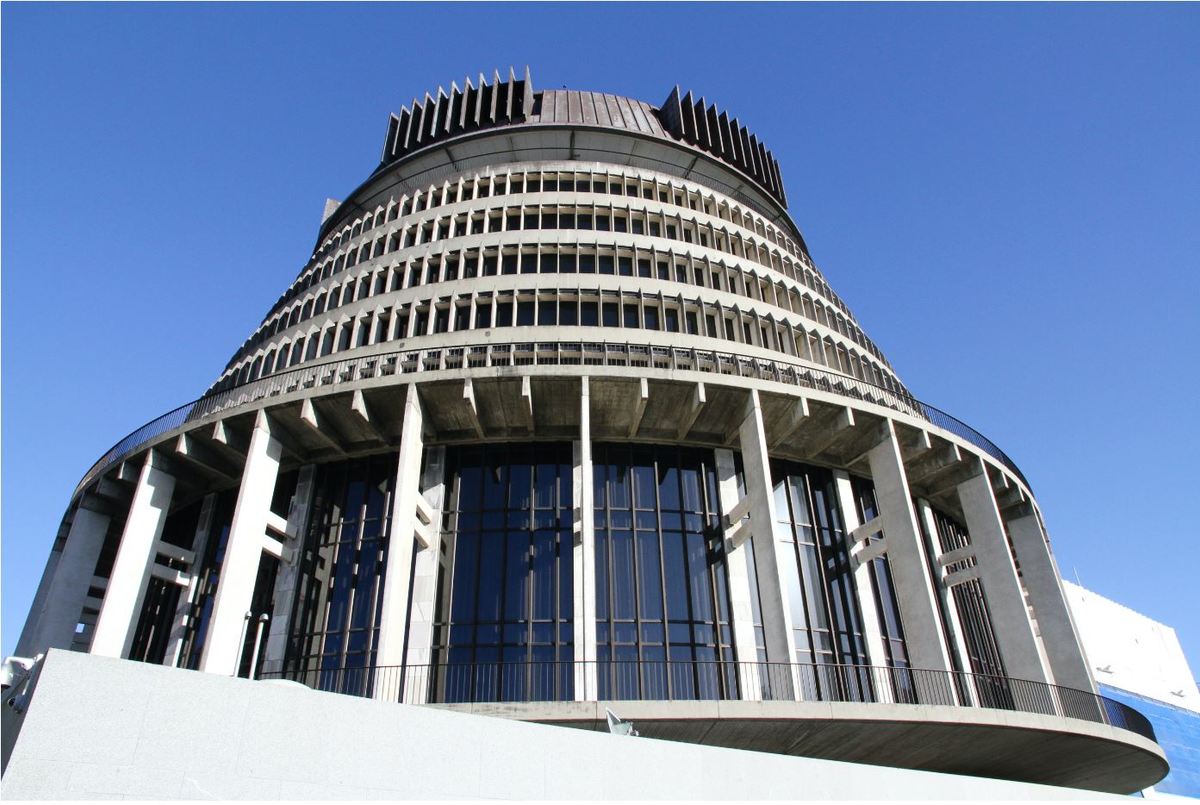Winter grazing rules delayed
Paul Taylor
17 March 2021, 1:39 AM

Southland farmers will welcome the Government's decision to wait another year to bring in winter grazing regulations, says local MP Joseph Mooney.
But the alternative proposed is still a "huge amount of work" for them, he says.
Yesterday, Environment Minister David Parker announced he has deferred the introduction of IWG (intensive winter grazing) practice regulations until May 2022, after pressure from the farming industry.
IWG is a farming practice where stock are confined to outdoor feeding areas planted with fodder crops.
“If done poorly, IWG has serious negative effects on animal welfare and the environment, particularly freshwater health and estuaries," Parker says.
"Farming leaders accept that these practices need to improve and they want to be part of the solution."
Farmers complained that the new restrictions and rules are impractical.
The Government will work with the farming sector over the period of the delay, to improve on-the-ground IWG practices.
"The one year deferment will enable an IWG farm plan 'module' to be rapidly developed, tested and deployed ready for formal incorporation into wider certified freshwater farm plans in 2022," Parker said.
A draft IWG farm plan module has been developed by the Southland Advisory Group, which included Environment Southland, DairyNZ, Beef + Lamb, Fish and Game and Federated Farmers, with input from iwi and Local Government NZ.
There will be increased monitoring and reporting by councils, including quarterly reports to Parker.
Mooney says he and Invercargill MP Penny Simmonds wrote to Parker last month, conveying the concern of southern farmers about the proposed rules.
"It is welcome news Minister Parker has delayed the implementation of these rules until May next year," Mooney say.
"The proposal of farmers completing an Intensive Winter Grazing module and farm plans as opposed to consents is promising but will still involve a huge amount of work.
"What exactly the Minister expects through these modules and plans is also not clear at this point.
"As the Minister responsible for the National Environmental Standards for Freshwater he needs to provide clarity to the industry as to what the end goal around winter grazing is.
"Farmers have long been the caretakers of our land and want to do all they can to do right by the environment and our waterways."
Mooney says the lack of information creates further uncertainty for the industry.
"While the delay is welcome news, the Minister needs to provide farmers with certainty about what exactly the end goal is."
Damien O’Connor said the direction of travel is known to all involved.
“This decision provides certainty of direction and timeframe. We can get on and put farm plans into place as quickly as possible across all farming operations,” O’Connor said.
But the Green Party says the Government has caved into agribusiness and is a bad outcome for rivers and animal welfare.
“It risks another winter where intensive winter grazing causes avoidable pollution to rivers and streams, compacted soils as well as increased emissions from over stocking," Green Party Environment spokesperson Eugenie Sage said today.
"Alongside this pollution, cows will suffer in tough conditions, cramped and wallowing in mud where they can’t lie down comfortably.
"For decades, successive governments have allowed farms to be run like factories, prioritising quantity over quality. This has polluted our water, hurt our land and animals, and warmed our planet.
"The Government’s reliance on a voluntary approach by farmers, rather than enforcing rules to control harmful intensive winter grazing, is a ‘hope and pray’ approach to healthy rivers.
"There are many farmers who are at the forefront of improving farm practice and who recognise the realities of a changing climate and polluted rivers. They recognise that such intensive stocking and grazing has to end. We should bolster those farmers who want to reduce pollution and keep animals healthy, rather than allowing this practice to continue.
"We must move to more sustainable farming practices that ensure our agricultural industry is productive, sustainable, and nourishing the land it so heavily relies on".
AG | TRADES & SUPPLIES
